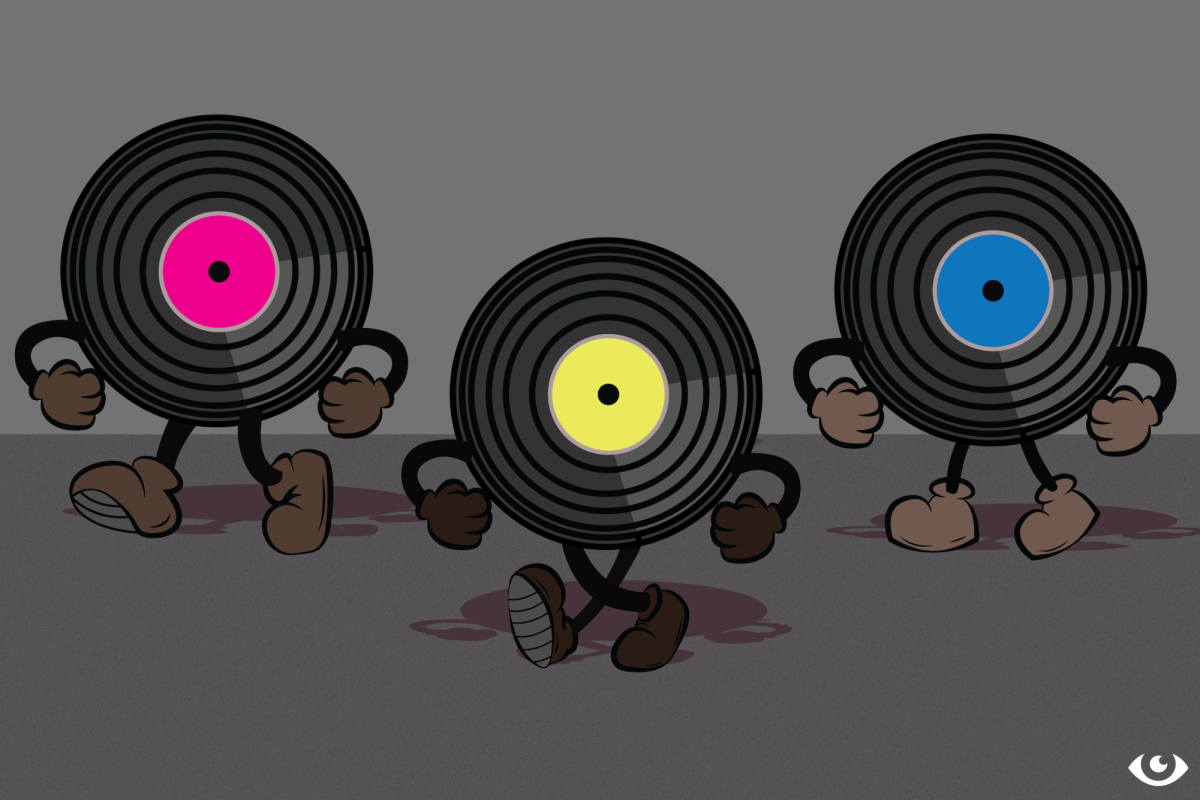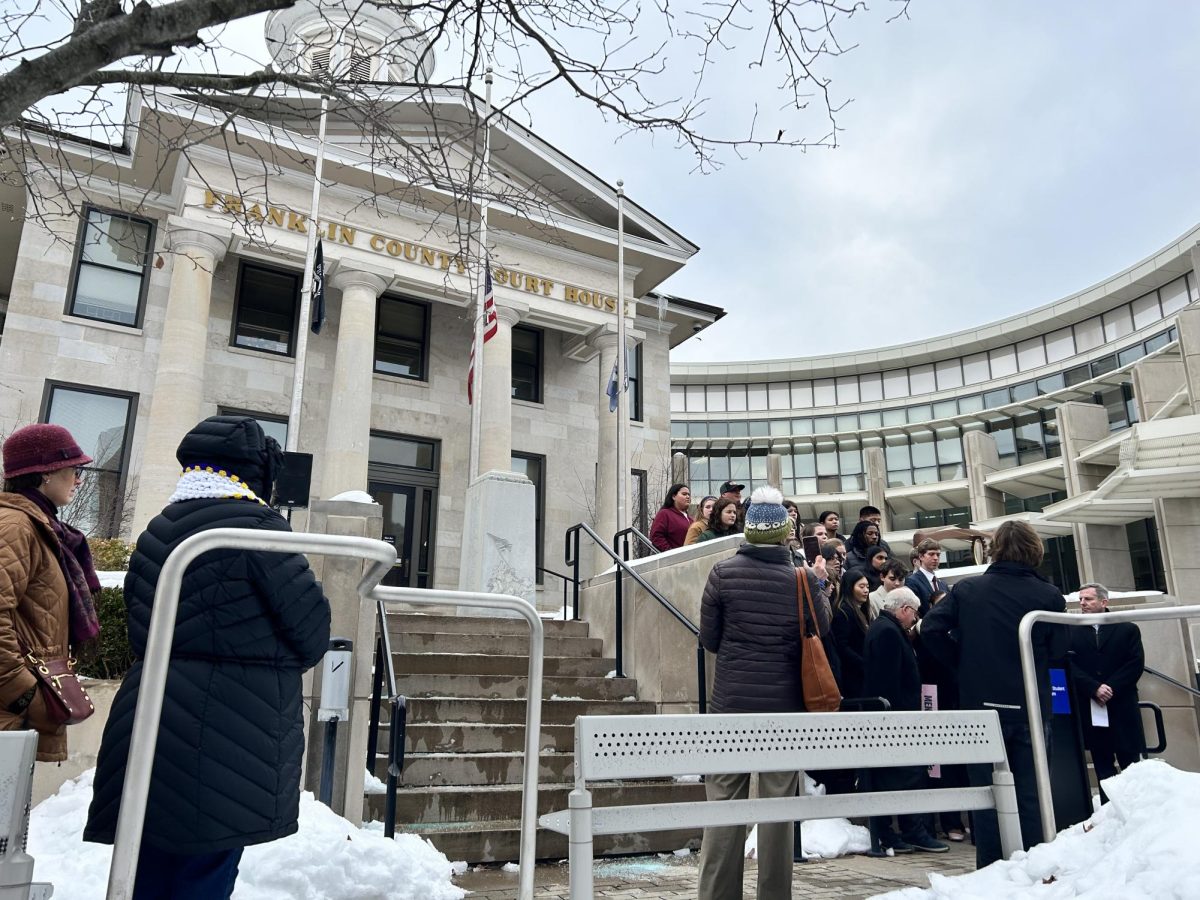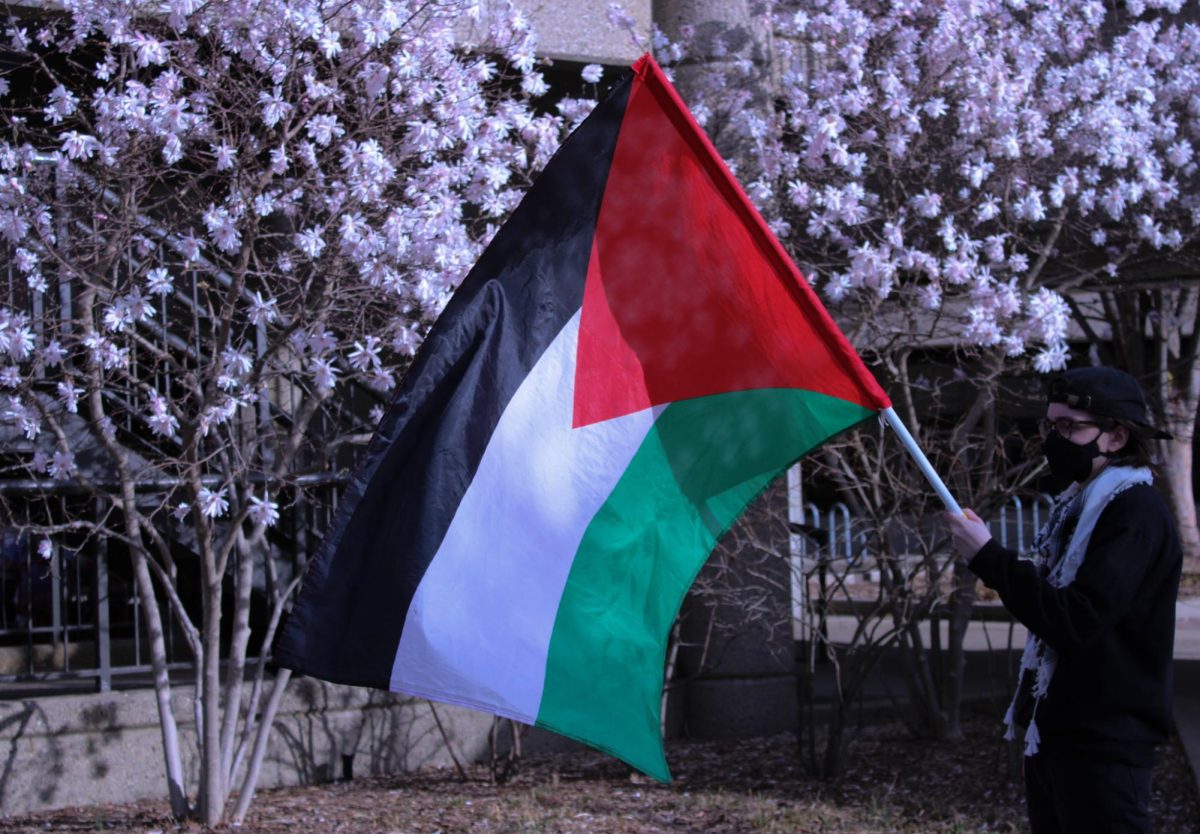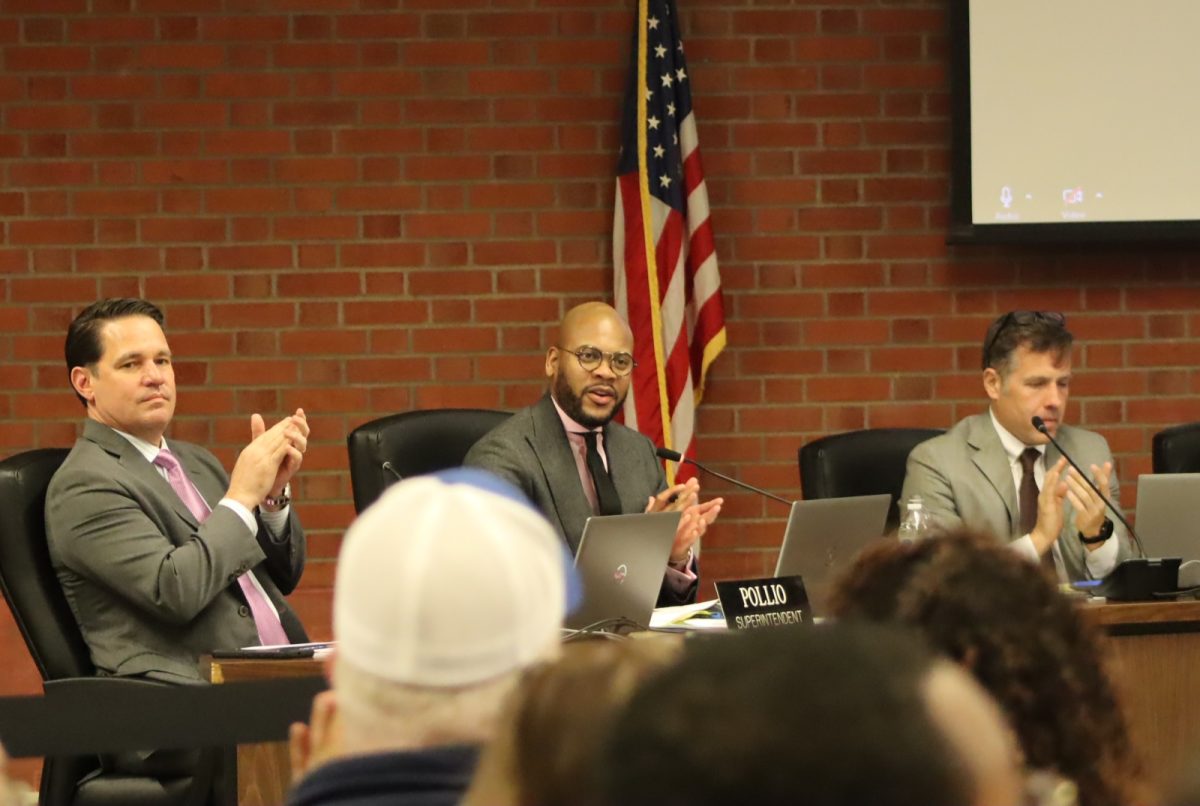Whitewashing has several definitions, including a painting technique, a form of media representation and a historical revisionism. In recent years, the term has become more commonly associated with the act of distorting or omitting information about race, racism and American history in ways that favor white people.
Historically, as literacy became more widespread in Europe, those in power controlled the narrative of history. Through all forms of media, they promoted a Eurocentric perspective. They often rewrote or omitted the contributions, perspectives and even existence of non-European cultures. This practice reinforced the ideas of European superiority, particularly during the colonial and imperial periods, when European nations dominated much of the world.
As colonialism spread, so did their perspective of history. The United States, specifically, refrained from topics regarding the indigenous population, slavery and Black history, among other topics. Many modern history books that aim to teach students ranging from elementary school to high school, fail to examine the role that racism has in United States history. Its impact is still seen today.
In 2020, President Trump established the 1776 Commision, a national effort aimed at promoting “patriotic education.” This initiative was intended to counter what it described as “decades of leftwing indoctrination” by minimizing the focus on slavery and other aspects of the nation’s history related to racism.
In 2024, there has been speculation about further efforts to alter the way American history is taught. Discussions in media outlets and on social media have suggested that Trump may push to reduce the emphasis on Black History Month, citing his approach to dismantling Diversity, Equity, and Inclusion (DEI) programs as an indication of this shift.
Additionally, under Trump’s administration, the Department of Education has given schools two weeks, starting Feb. 17, to eliminate race-based programs. Essentially, the department would penalize schools that consider race in scholarships, hiring and other activities.
For many Black students at Manual, Trump’s plans to white wash aspects of American history is disturbing and offensive.
“It’s hurtful because Black culture, my culture, has been around for as long as everyone else’s history,” Zoey Noelle (10, YPAS) said.
Many states have begun this process of removing classes about Black history. States like Florida, Arkansas and South Carolina have banned Advanced Placement African American History (APAAH). Additionally, other states have removed teaching aspects of Black history in classrooms.
“I’m worried that Kentucky might also pass laws [like the aforementioned],” Noelle said.
Black history is extremely important at Manual. Mr. Tim Holman (Social Studies), the course teacher of APAAH, explains that this class is important to his students.
“A majority of students in Jefferson County are non-white and a lot of traditional history has excluded a lot of marginalized people. So for a lot of kids, this is the first time really being in a class where they one, are a majority, and two, are hearing about things that are especially relevant to their lived experiences,” Holman said.
Learning about the experiences and chronicles of Black history is exactly what Black History Month is about. While old and current acts of white washing attempt to eliminate and suppress marginalized voices, they highlight the importance of amplifying Black voices and preserving their rightful place in history.
“Black history is of its most importance than it has ever been,” Zoe Huguley (11, J&C) said. “That’s why it needs to continue to be taught.”











